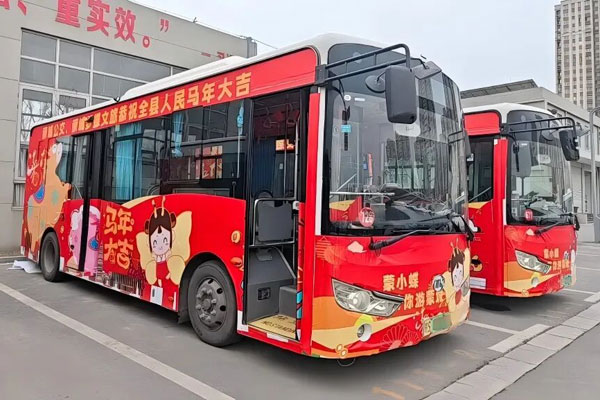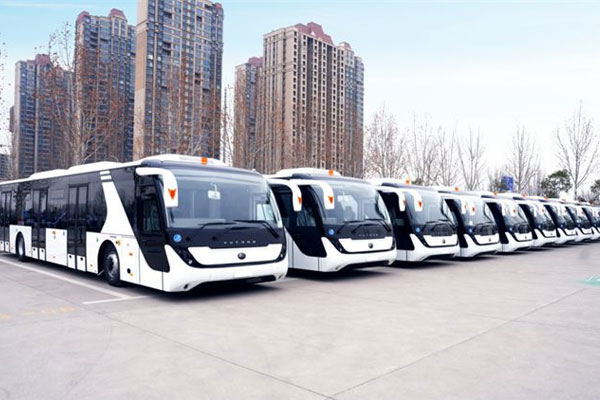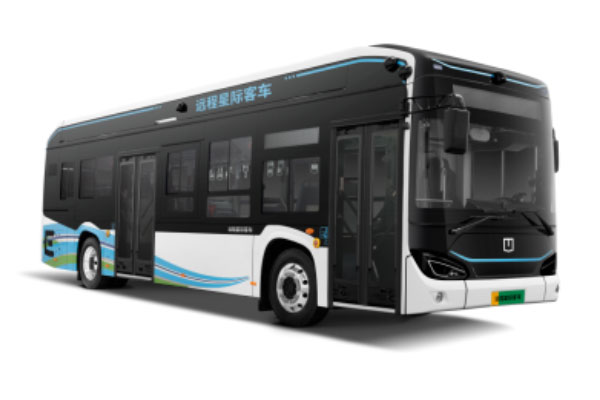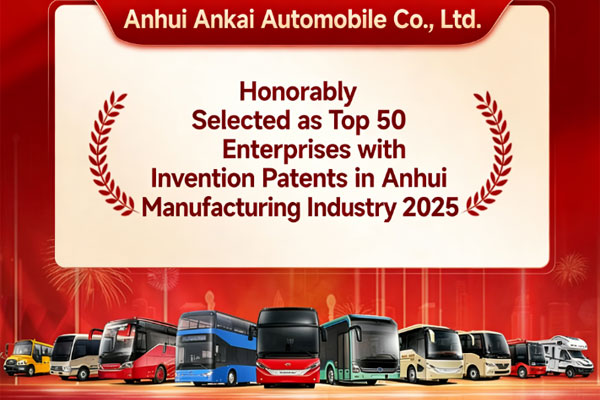China Weighing If to Appeal Against WTO Ruling
21 July 2008
After the World Trade Organization issued on July 18 a formal ruling against China in the auto parts dispute with the U. S., EU and Canada, the industry and legal experts in the country insist that the ruling is unfair and suggest that the government prepare for an appeal.
"The ruling is unjust," said Mr. Zhou Shijian, standing director of China Society for WTO Studies. "The measures China has used concerning the imported cars could never be ‘discriminatory treatment of foreign auto parts’; the market is open for imported auto components." Zhou has several years of experience in dealing with trade disputes. He added that India -- also a WTO member -- levies even higher tariffs against imported cars and components but hasn't incurred such pressure as China has.
According to China's latest regulations in place since this July, if imported auto parts account for more than 60 percent of a complete vehicle in value, a higher tariff (25%) will be levied, while if less than 60%, only 10% will be levied. This is aimed to stop the import of finished cars as spare parts to exploit the tariff rate difference between importing entire automobiles and importing auto parts, and thus protect the interest of consumers, the Ministry of Commerce (MOC) of China stated.
But the MOC hasn't announced yet whether or when to appeal against the ruling. People who're close to the authorities say preparation for an appeal is underway.
"To appeal against the ruling is what other WTO members do when given an unfavorable ruling, and this could help the Chinese industry gain more time,” Zhou said, adding that this could also improve China's ability to address such WTO disputes.
Zhou thought the ruling, if it finally leads to modification of the current measures, would benefit those Chinese consumers who prefer imported cars, and those foreign automakers who haven't found foothold or local production facilities here.
Also, Chen Guangzu, another expert from China's National Automotive Industry Consulting and Development Corp., said the ruling, though unfair, could not necessarily bring much adverse impact onto China's domestic industry. "Foreign automakers have already had a relatively higher local content level with local component sourcing, so they may not change much of their business to rely on imports," he noted.
China has abolished the quota restrictions for imported automobiles, and lowered the tariffs since January 1, 2005. If China loses the possible appeal, it would also be China's first loss in the WTO since its accession to this global economic body in December 2001.
Source : english.chinabuses.com
Views:3418








